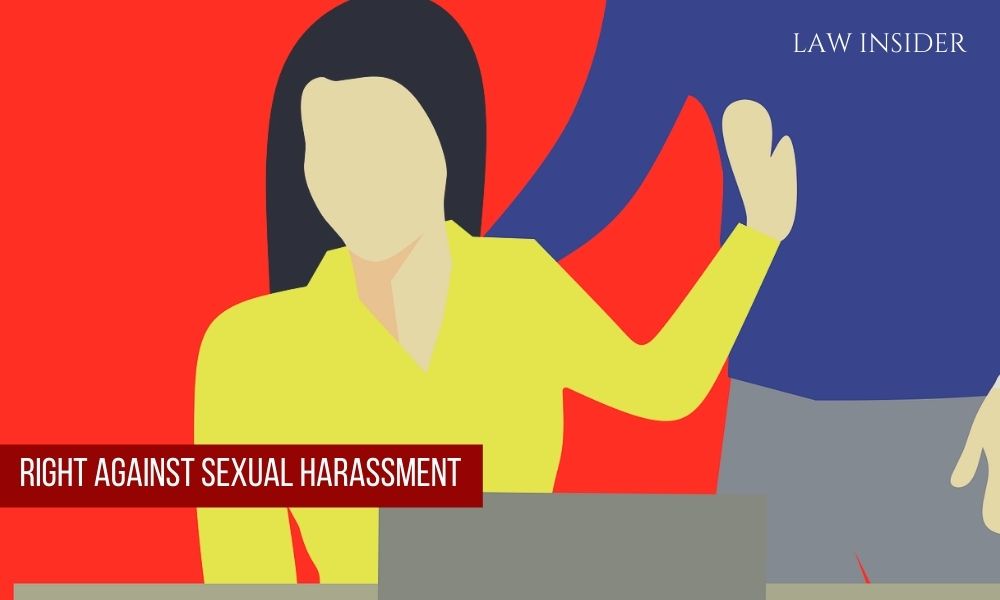Chaini Parwani –
Published on: December 04, 2021 at 18: 56 IST
The Supreme Court on Friday expressed concern over “a rising trend” of Courts overruling proceedings into sexual misconduct at working place on “hyper-technical” grounds stating that it would defeat the law and would turn judicial process into a punishment for the Victim.
A Bench comprising of Justices D Y Chandrachud and A S Bopanna while seting aside the Order of Calcutta High Court stated “We implore courts to interpret service rules and statutory regulations governing the prevention of sexual harassment at the workplace in a manner that metes out procedural and substantive justice to all the parties.”
The Apex Court stated that the approach of High Court was “callous” as there was adequate evidence against the Accused and that the High Court’s interpretation of the Jurisdiction of the Commandant and the obligation of the Summary Security Force Court(SSFC) to furnish reasons under the BSF Act was inappropriate.
The Bench highlighted the trend of invalidation of proceedings inquiring into sexual misconduct and that the existence of transformative legislation has turned the mechanisms for redressal into a punishment.
Further the Bench stated “It is important that courts uphold the spirit of the right against sexual harassment, which is vested in all persons as a part of their right to life and right to dignity under Article 21 of the Constitution. It is also important to be mindful of the power dynamics that are mired in Sexual Harassment at the workplace.”
The Calcutta High Court had set aside an Order passed by Summary Security Force Court
and acquitted a BSF personnel from charge of commiting sodomy on his subordinate on the ground that the Order of Commandant for preparing an Additional RoE (Record of Evidence) was beyond Jurisdiction.
Furthermore, the Bench stated “Deeming such a trivial aspect to be of monumental relevance, while invalidating the entirety of the disciplinary proceedings against the respondent and reinstating him to his position renders the complainant‘s remedy at nought. The history of legal proceedings such as these is a major factor that contributes to the deterrence that civil and criminal mechanisms pose to persons aggrieved of sexual harassment.”

